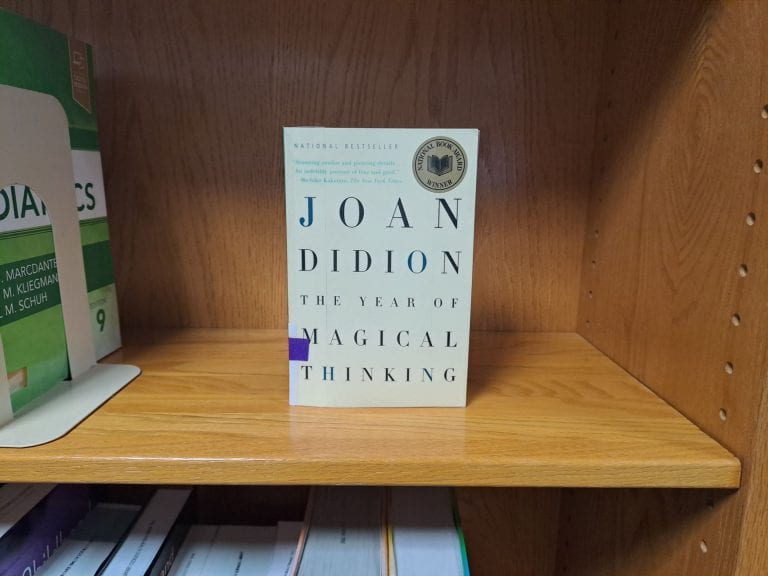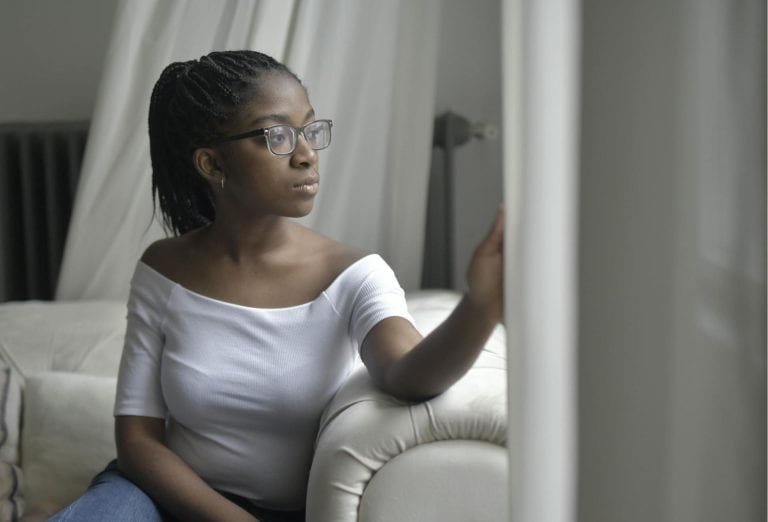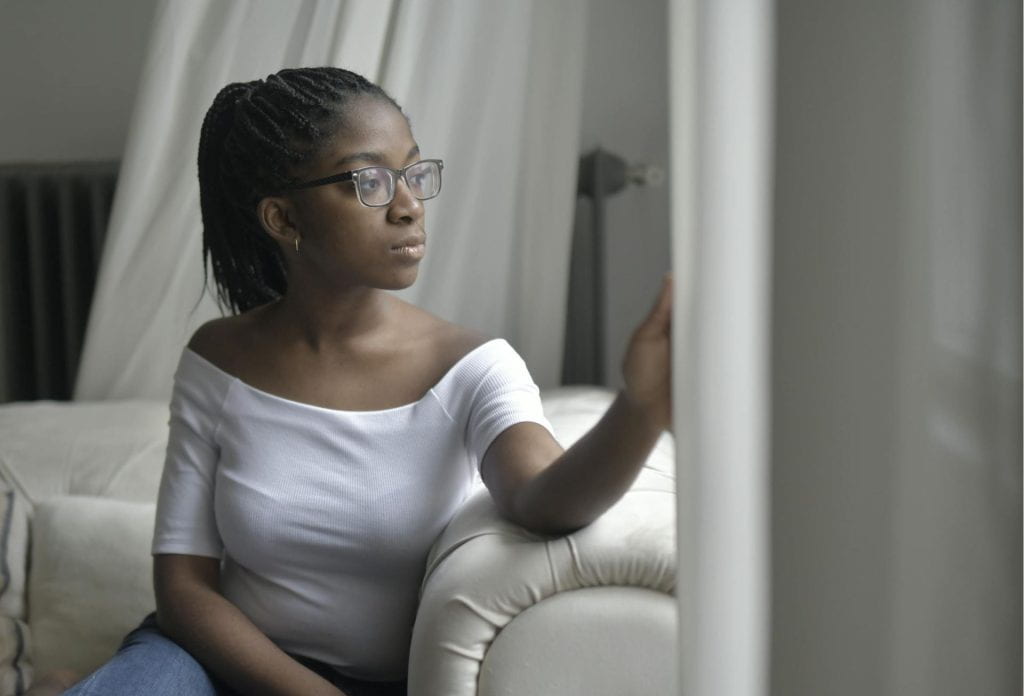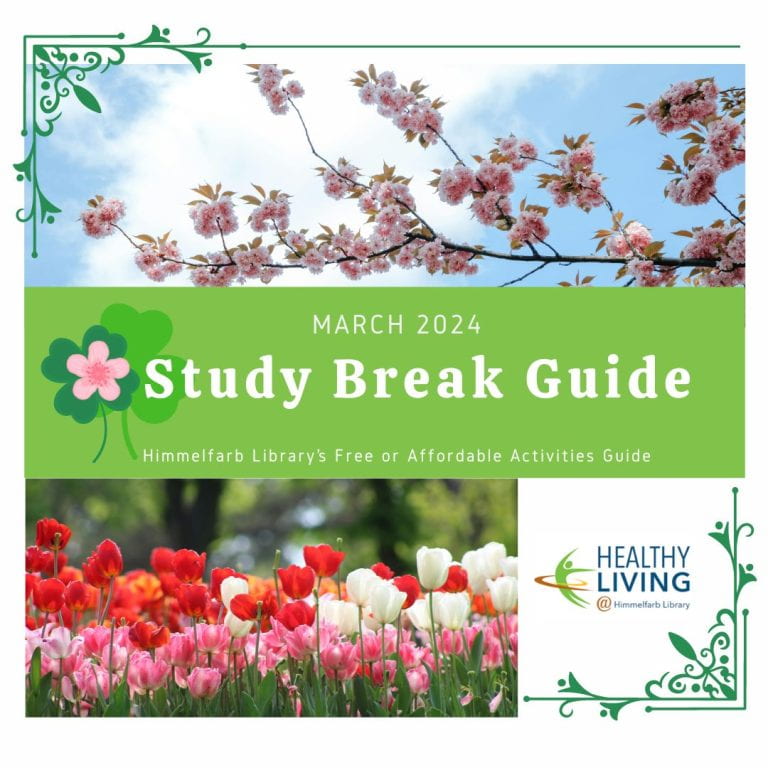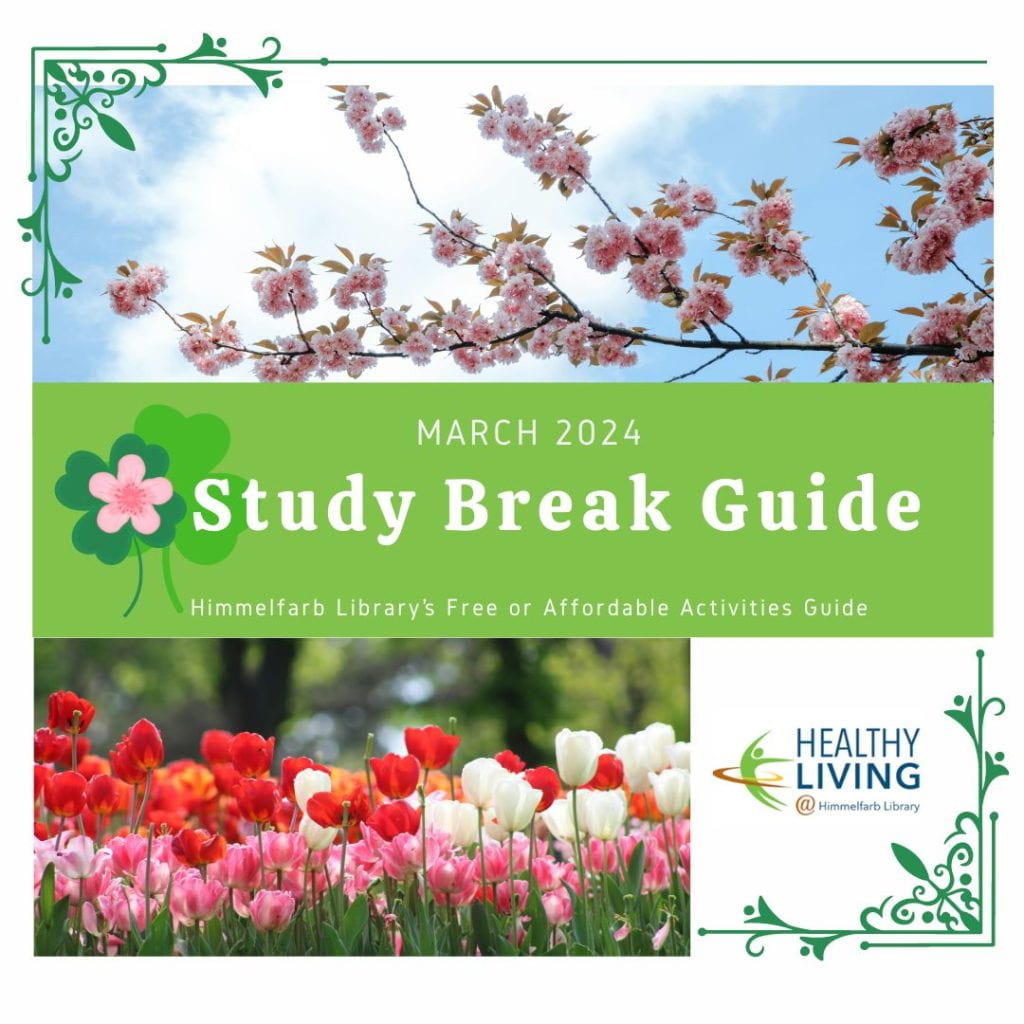Crochet at the Museum!
Date: Saturday, March 2, 2024. 1:00 PM-2:00 PM
Location: GW Textile Museum. 701 21st St. NW
Cost: FREE! RSVP to event
Reduce stress and anxiety with crochet, creating something beautiful at the same time. The repetitive motion of crocheting can help soothe and calm the mind. Allied in Pride will host a crochet event at the GW Textile Museum. All supplies and instruction will be provided!
The 7th Annual Sung Symposium: Sleep for Well-being
Sponsored by GW School of Medicine & Health Sciences
Date: Friday, March 8, 2024. 1:00-5:00 PM
Location: Online
Cost: FREE. Register to attend
The 2024 Sung Symposium explores how sleep affects whole health—and how well-being affects sleep. Research suggests that almost a third of us drag ourselves out of bed in the morning without enough good-quality sleep. If you feel tired upon waking, or throughout the day, you may be experiencing underlying issues that are impacting your night’s rest. Many things can contribute to poor sleep quality including poor sleep hygiene, stress, sleep apnea, a primary sleep disorder, or a chronic health condition. Attend this symposium and learn more about sleep problems and how to have restorative sleep
Ireland at The Wharf
Date: Saturday, March 16, 2024. 12:00-6:00 PM.
Location: DC Wharf. 760 Maine Ave. SW.
Cost: FREE!
The luck of the Irish comes to the DC Waterfront with the Ireland at The Wharf Festival! Enjoy Irish dancing performances, live music at the District Pier Stage, featuring Celtic, Irish, and Americana tunes you can sing and dance to. Dine at their many popular restaurants and cafes. There are so many options to choose from.
Coffee, Canvas, and Community at OAS
Date: Monday, March 18, 2024 at 11:00 AM – 2:00 PM
Location: OAS (Office of Advocacy & Support) Townhouse. 520 22nd St NW.
Cost: FREE! RSVP to Event
Need a boost before classes? Join the Office of Advocacy and Support for Coffee, Canvas, and Community for painting with a relaxing cup of tea or an energizing coffee beverage. Drinks and snacks will be provided. Don't worry, no painting supplies or skills are required. Come to make friends, relax, paint, or just chill! Hope to see you there!
DC Sketchfest at DC Improv Comedy Club
Date: March 22, 2024. 7:30 PM. Door Time: 6:15 PM
Location: DC Improv Comedy Club/Restaurant. 1140 Connecticut Ave. NW
Cost: $20 General Admission
Enjoy a fun night of laughter and comedy at DC Sketchfest. This is an annual showcase that features the best-scripted comedy from DC and the world beyond. Check out the incredible lineup. DC Sketchfest is produced, booked, and organized by the DC sketch comedy community and founded by Bad Medicine and Rails Comedy.
Friends of the National Arboretum - Flowering 5K
Sponsored by FONA: Friends of the National Arboretum
Date: Sunday, March 24, 2024. Registration: 7:30 AM. Race start: 9:00 AM.
Location: U.S. National Arboretum. 3501 New York Ave NE.
Cost: Registration: $50, includes race t-shirt while supplies last until March 21st at 11:59 PM.
Race Weekend Registration: $55, race t-shirt not included.
FONA's Flowering 5K is the perfect way to enjoy the beauty of spring. This run or walk will take you past garden collections brightly colored with spring flowers, over tree-lined rolling hills, and along streams winding their way to the Anacostia River. Enjoy cherry blossoms, magnolias, and so much more! This race will be safe and secure with all roads closed to cars so you can safely enjoy running or walking through this 451-acre urban green space. There will be a professional race announcer calling out runners as they cross the finish line and music before and after the event to get you in the groove. A professional photographer will take photos along the course. Photos will be shared with all participants after the race for free!
Blossom Kite Festival
Date: Saturday, March 30, 2024.
Rain Date: Sunday, March 31, 2024. 10:00 AM – 4:00 PM
Location: Washington Monument
Cost: FREE!
Head to the Washington Monument Grounds for fun activities, music, competitions, and performances. Kite enthusiasts, beginners, families, and friends are all welcome. The Kite Festival will feature a day-long celebration of dynamic traditional Japanese drumming, a showcase of traditional Edo-style kites, choreographed performances and demonstrations by Team KiteLife, Wings Over Washington Kite Club, and other nationally and internationally recognized professional kite fliers and so much more!
Images from: Pexels

